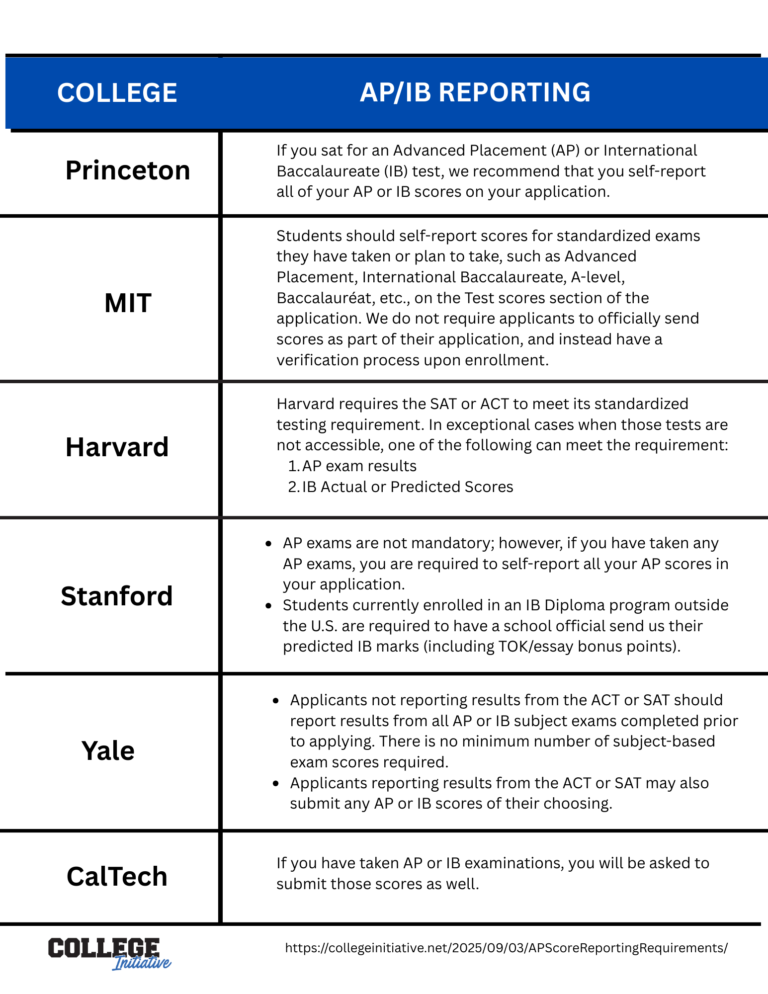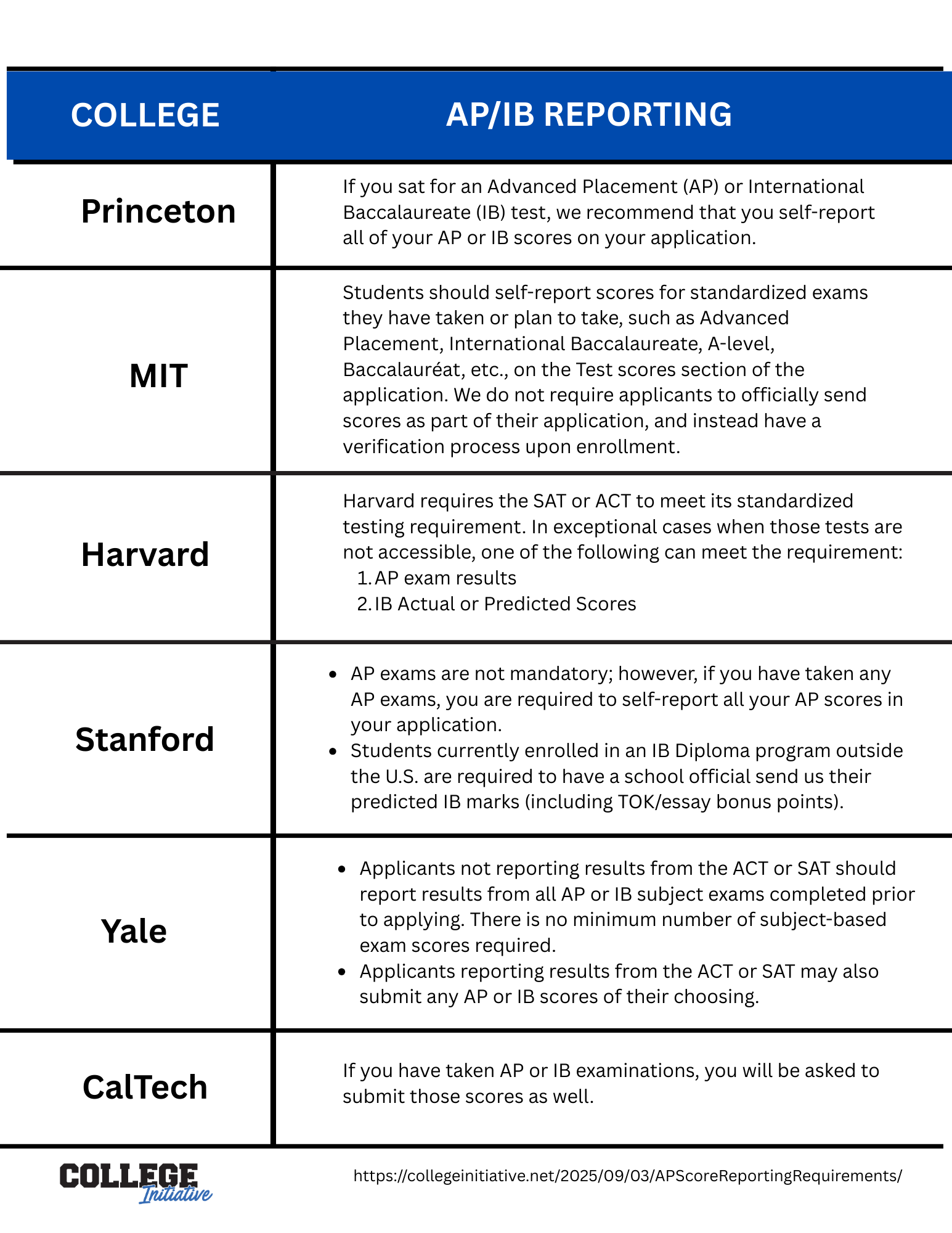How to Write the Best College Admission Essay
Last Updated on July 7, 2025 by Jill Schwitzgebel
I’ve written dozens of articles about college admission, ranging from beginning the college search to financial aid. I recently realized that for some reason, the one topic I have never written much about is this one – the college admission essay. Without a doubt, it’s the part of the application that students seem to dread the most. It doesn’t have to be.

There are some things that teens can do to make the writing process easier, and there are even ways that parents can help. And there are also some important things that students need to know about essay topics. So, here are some tips for both of you as they get started.
Break Down the Task
I think that this is one of the reasons that rising seniors procrastinate writing their essay. It’s daunting. It’s summer. They’ve likely just finished an academically challenging junior year. The last thing they want to do is write an essay. And this essay in particular, feels really big. It feels more important than the others they have written for an English class grade.
So, I always suggest to them that they start early, but that also, they take their time. If they start in late June, they’ve got plenty of time to get it done before school starts, without dedicating their entire summer to writing. It doesn’t need to be written in one sitting. In fact, it shouldn’t be written in one sitting. Instead, break the essay into parts – brainstorm topics one week, write an opening paragraph the next week. The following week, write the body of the paper, or even start over if the opening paragraph just doesn’t work for them. After writing the rough draft, let the essay sit for a week or so, and then go back to polish it. And finally, edit it.
Talk to your teen and find out if it would be helpful to them if you would give them deadlines for completing each step. You might be surprised by how many would appreciate having that kind of guidance. Be careful – it should be more of a discussion than you dictating dates though. I would also establish upfront that if they agree that they would like that kind of support, then they also need to be okay if you do some checking in about their progress. (I don’t suggest using the word “nagging” even if that’s essentially what you are doing!)
Brainstorming Topics
There are so many ways to do this. One that has worked for many teens is to have them brainstorm 21 fun facts about themselves that most people won’t know about them. Again, I think that this is a place where parents can provide a little support. Sometimes, teens don’t recognize their own unique traits – but we do. So, it can help your student if you can throw out some ideas too.
One student I know loved maps and also had somehow memorized the flag of every country in the world. It didn’t occur to him that this was particularly unique until he talked with a teacher who pointed it out to him. It turned into a great essay topic for a student interested in studying diplomacy.
Sometimes, it can help to do a similar thing using objects – ask your teen to identify 7-10 objects that are the most important to them. I actually suggest you even have them retrieve the objects to have them all in one place. Encourage them to talk about why those objects are the most important to them. Sometimes, as they talk about them, they’ll suddenly realize that there is a great story behind them.
Thinking about those objects can pave the way for a really interesting essay. The tennis racquet may remind the student of the first racquet they received from their favorite uncle and the fun moments they shared together when the student first learned to serve. Or the garlic press may remind the teen of the time they spent cooking with their grandmother and how it became a family joke that they loved to smush the garlic in it.
Length
Yes, I know the Common App says that essays can be between 250 and 650 words. Students should NOT aim for the low end. A substantive essay is realistically going to be much longer than 250 words. I don’t think that any student can really give a college a picture of who they are with a shorter length essay. Students should aim for around 500 words. Think of the 650 as the absolute upper limit, if they cannot fit in all they want to say in 500 words.
Topics to Avoid
There are some essay topics that are generally better avoided, usually because they are just not that unique, even though they were important to your teen. Perhaps, if the student has a really unique viewpoint on one of these topics, it can work, but it will be tough to stand out. Here are a few topics that I advise students to stay away from:
- Highlights from an extracurricular activity, whether that’s marching band or basketball.
- Current world or national events or natural disasters. This includes the recent pandemic.
- A sports injury and recovery.
- Any traditional volunteer opportunity, from a mission trip to a food bank.
- “How I changed and matured in high school” or anything similar.
Better Ideas

The idea behind the essay is for colleges to be able to learn something about the student that they couldn’t have learned through the rest of the application. The essay is where the college can discover what makes this particular student unique and interesting. Sadly, many students tear their ACL each sports season and then have to rehab it. Many students have volunteered in various ways, even in other countries.
This is why I recommend brainstorming a list of unique, fun facts or thinking about favorite objects. Often, there are anecdotes related to those things that the student can talk about in an essay, which will really give colleges a glimpse of who they are.
I encourage kids to think about writing their essay as though they’re describing a snapshot in time. They need to think about those snapshots that have defined them. Another way to think about an essay topic is to think about those small moments that might even seem mundane on the surface, but that have had a big impact on their life. Describe a moment where it may seem that nothing exciting was happening to an outside observer, but that meant a great deal to the student. Describe why it was important to them.
So, while I say not to write about the ordinary volunteer experience or the highlights from band, there may still be an opportunity to write about a meaningful moment or a snapshot that occurred while engaging in those activities. That moment can serve as an entry that catches the reader’s attention and allows the student to reveal more about themselves in the remainder of the essay.
This is likely a different style of writing than students typically use in their classes. It’s especially different than the one they have often learned to use in their AP Language and Composition class. For some kids, it can be tough to break away from that. For others, it may be freeing.
Parents, Beware
Sometimes, parents are tempted to “help” (or more) with the essay. I beg you not to do that. It is fine to help in the ways I suggested above – with brainstorming or breaking down the tasks. But, please, don’t think that you can write an essay that will sound like your teen. I assure you that every admissions department in the country can detect when an essay is written by a parent.
Your teen’s “voice” is the one that needs to come through. And no matter how hard you try, you won’t sound like a teen. Your writing just doesn’t sound like a teen’s writing. You may think it’s better than your teen’s writing and you may be correct. But that’s okay.
I don’t think it’s a terrible thing to help your teen to edit their essay if they’ll allow it. But, I do think you need to stick to giving feedback related to spelling, punctuation and other grammatical errors. Don’t try to edit out their own style or content.
Students are going to be tempted to try out ChatGPT. It’s hard to blame them. But, be aware that most admissions counselors are going to be able to tell that they’ve done so. College Applications and ChatGPT
To see some samples of essays that really worked, check out these samples that the admissions department from Johns Hopkins University really liked!









